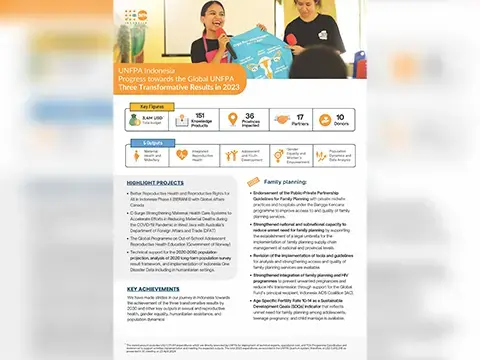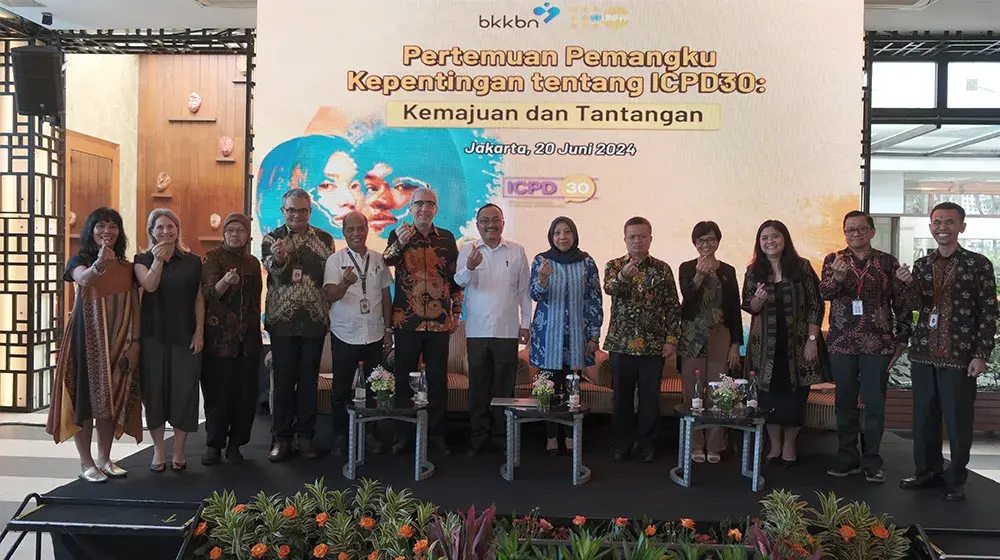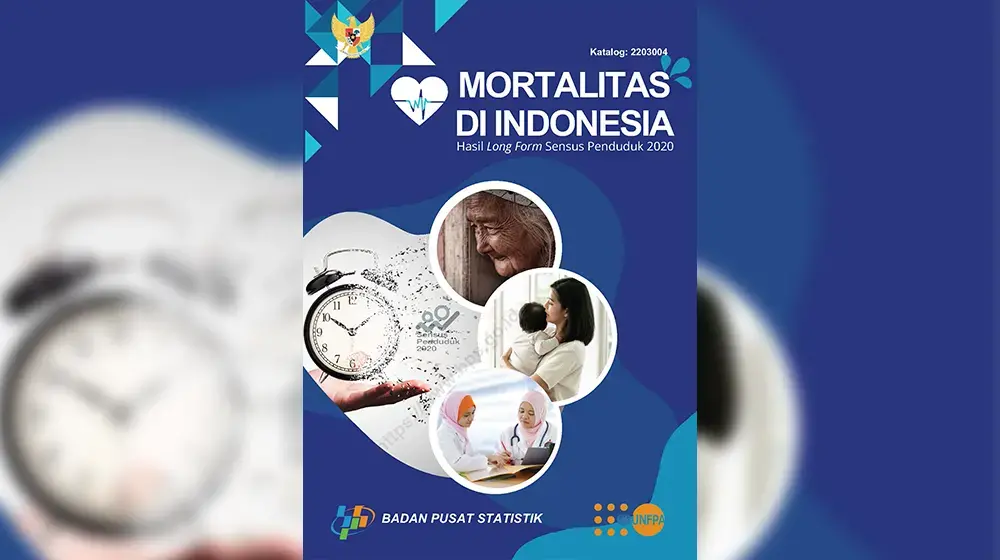PROMISES TO YOUTH REMAIN UNFULFILLED, NEW REPORT SAYS
Donor Investments in Population and Reproductive Health Programmes
Far Short of Commitments
UNITED NATIONS, New York, 23 April 2012—Urgent action is needed to protect and fulfill young people’s human rights, particularly their right to sexual and reproductive health. Only then would they be able to fully contribute to the development of their countries, according to a new United Nations report.
In a world of 7 billion people, 1.8 billion are between 10 and 24 years old. Almost all of them live in the developing world. While considerable progress has been made in sound national youth policies in recent years, these policies often lack the necessary investments or are not mainstreamed into national policy agendas, according to Monitoring of Population Programmes, Focusing on Adolescents and Youth, submitted by the United Nations Secretary-General to the 45th session of the Commission on Population and Development (CPD).
“Many assume that all young people have access to information, that most are likely to stay in school, that they postpone entry into the labour force until they finish a degree of education and that they delay marriage and childbearing for when they are ready,” said Dr. Babatunde Osotimehin, Executive Director of UNFPA, the United Nations Population Fund. “However, this is not true for all adolescents and youth across the world. In fact, many of these issues are still a major challenge for the majority of young people in developing countries.”
Young people continue to face poverty, high unemployment, inadequate education, poor health and violence, says the report. Millions of girls lack access to sexual and reproductive health services to avoid unintended pregnancies, unsafe abortions and sexually transmitted infections. As a result, an estimated 3 million unsafe abortions took place in developing countries among girls aged 15 to 19 in 2008.
“The need to invest in young people is more urgent than ever,” said Dr. Osotimehin. “Now it is time to action.”
Unmet need for modern contraception remains at historically high levels, says the report. A study shows that more than 60 per cent of adolescent men and women in four sub-Saharan countries did not know how to prevent pregnancy, and more than one third did not know how to obtain contraceptives. As a result, 41 per cent of all new HIV infections are among those aged 15-24, and 3,000 young people are newly infected every year.
Child marriage is still widespread, with 30 per cent of women aged 15 to 19 in least developed countries are married or in union. Up to 60 per cent of sexual assaults are against girls under age 16, and more than 3 million girls worldwide are at risk of female genital mutilation or cutting every year.
The report concludes that the Programme of Action of the 1994 Cairo International Conference on Population and Development (ICPD) and the key actions for its implementation “are still an unfinished agenda for young people in most regions of the world.”
“The ICPD Programme of Action provides direction about the policies, programmes and resources that are needed to support adolescents and youth, and countries have reaffirmed and strengthened this direction in many intergovernmental agreements since the ICPD,” said Dr. Osotimehin. “However countries still have much to do to fulfill the rights and aspirations of young people.”
An estimated $65 billion was needed in 2010 for population and reproductive health programmes adopted at Cairo, including those that help young people. One third of this amount, about $21.7 billion, was supposed to be invested by donors. However, a recent Secretary-General’s report shows that donor assistance, which has been increasing steadily over the past few years, is slowing down and still falls far short of the commitment of $21.7 billion. That assistance, which was $10.6 billion in 2009, increased slightly to $10.7 billion in 2010, and is projected to reach $11.4 billion in 2011 and $11.9 in 2012.
***
For more information, please contact:
Omar Gharzeddine (UNFPAHeadquarters):
+ 1 212 297 5028, gharzeddine@unfpa.org
Agustina Wayansari (UNFPA Indonesia):
+62-8121068341, wayansari@unfpa.org
Tags: Young People, Population, ICPD Beyond 2014




